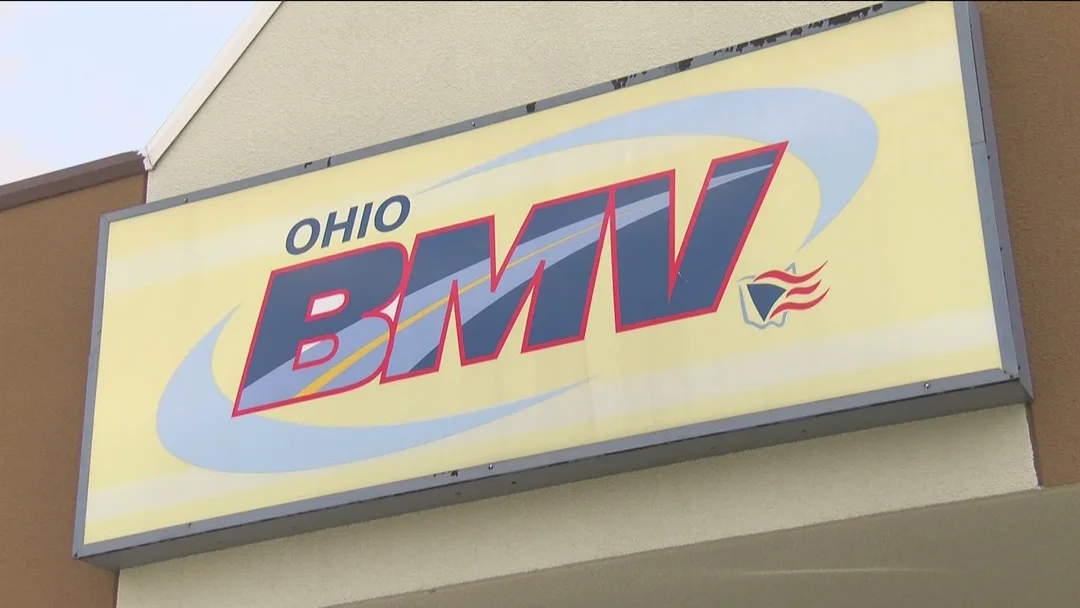
Are You Prepared for the Real ID Deadline? What Californians and Kentuckians Need to Know
The looming deadline for obtaining a Real ID on May 7, 2025, is fast approaching, and states across the nation are grappling with the implications of this federal mandate. With nearly half of California residents lacking compliance—only 55% have a Real ID—the urgency is palpable. Meanwhile, in Kentucky, only 36.3% of eligible drivers have secured their Real IDs, prompting state lawmakers to request a postponement. As travelers prepare for upcoming trips, the question arises: Are we all ready for this significant change in identification requirements?
In California, the California Department of Motor Vehicles (DMV) has been actively informing residents about the necessity of a Real ID for domestic flights. A recent CBS News analysis unveiled that a staggering number of Californians have yet to make the switch. Valid alternatives like U.S. passports can temporarily alleviate the pressure, but the urgency remains as appointment slots vanish rapidly, especially in urban areas. “Californians who do not have a REAL ID but already hold a valid passport can comfortably wait to convert to a REAL ID when their driver’s license is due for renewal,” states the DMV’s website. This contradiction of having time yet feeling the need to act quickly encapsulates the overall anxiety surrounding this upcoming deadline.
In parallel, Kentucky is facing a similar plight. With just two weeks to spare, 28 state senators, led by Sen. Jimmy Higdon, are urging the federal government to grant another delay. Their open letter to U.S. Transportation Secretary Kristi Noem emphasizes the strain on regional offices that serve various communities, especially vulnerable populations who struggle with the requirements. The lines in Louisville speak volumes, with many individuals expressing frustrations over the lack of accessible appointment slots. “It’s hard for time slots, it’s too long,” lamented John Woodford, a local resident. The outcry for better access echoes a common theme: these essential services need to adapt to the rising demand.
In contrast, the Ohio Bureau of Motor Vehicles (BMV) is proactively addressing the impending deadline by extending its hours on select days, aiming to accommodate the 58% of Ohioans who have yet to obtain their Real IDs. Their strategy demonstrates an important shift towards accessibility, showcasing how states can become more responsive to the needs of their constituents.
The different responses from California, Kentucky, and Ohio underscore the varying levels of preparedness across the nation. With travelers needing compliant IDs to board domestic flights and access federal facilities, the stakes have never been higher. As May 7 draws near, state officials and residents are left wondering: How can they best navigate this transition without significant disruption?
The impending deadline for the Real ID requirement is not just a bureaucratic hurdle; it poses real challenges for many Americans. With ongoing frustrations about accessibility and communication, it is crucial for individuals and state agencies alike to ensure they are fully prepared. What steps are you taking to meet the Real ID deadline? Share your thoughts and experiences below.
Related issues news
What is the real ID in Michigan?
Michigan Secretary of State offices now offer REAL ID-compliant driver's licenses and ID cards, which are marked with a gold circle with a star inside. You will find the REAL ID star on REAL ID-compliant standard driver's licenses and state ID cards and on the Enhanced Driver's License and Enhanced State ID Card.
What is real ID Texas?
REAL ID Overview The REAL ID Act establishes minimum standards for state-issued driver licenses and identification cards. Under this legislation, you'll need a REAL ID-compliant license or identification card to access federal facilities and fly in the U.S.
What is needed to get a real ID in Arkansas?
Examples of qualifying documents (one must be provided) include a current driver's license or ID, a school or work ID, a vehicle registration or title, a marriage certificate, or a Military ID. A Social Security Card must be provided.